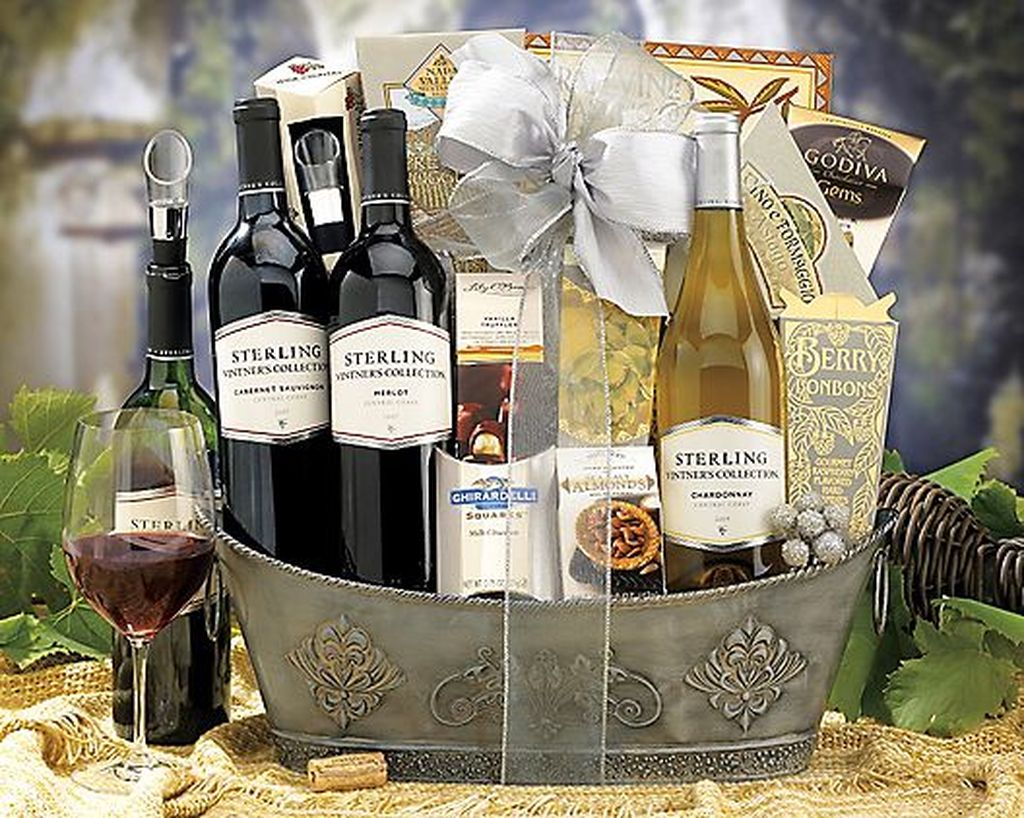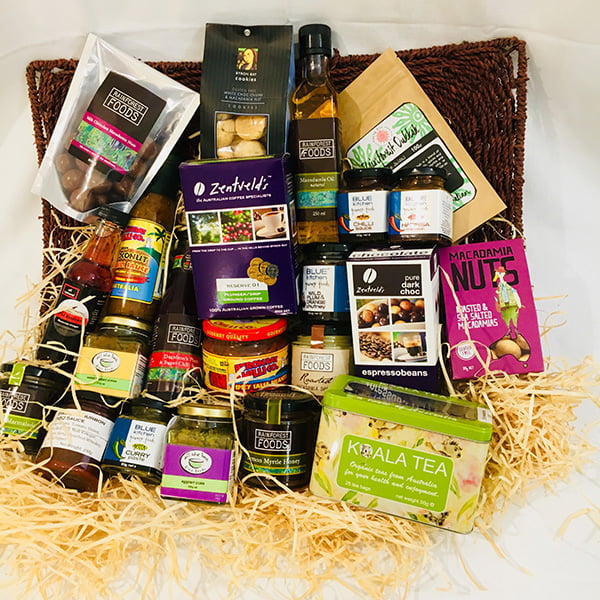Chocolate lovers know that the joy of a silky bar comes from more than just taste; it’s a carefully orchestrated dance of beans, beans, and beans. For https://zenwriting.net/hyarisccpy/handmade-luxury-hampers-with-organic-chocolate-the-ultimate-gift-experience businesses that rely on premium chocolate—whether a boutique bakery, a specialty café, or a high‑end gift shop—learning how to secure a consistent supply of premium chocolate is as essential as mastering the perfect tempering technique. In this guide, we’ll break down the process into bite‑sized steps, sprinkle in a dash of humor, and help you keep your chocolate shelf as stocked as a candy‑cane aisle during the holidays.
Understanding the Chocolate Supply Chain
Before you can lock in a reliable source, you need to map the entire journey of chocolate, from the cocoa tree to the finished bar. Think of it as a treasure map—only the X marks the spot where the beans are harvested, not the treasure chest.
From Farm to Factory
- Cocoa cultivation: The quality of chocolate starts with the bean’s origin. Beans grown in stable climates with rich soil often yield a smoother flavor profile. Harvesting and fermentation: Proper fermentation is the secret sauce that develops the chocolate’s complex aromas. Drying and shipping: Beans must be dried evenly to prevent mold and then shipped to roasters or manufacturers.
Key Players in the Chain
- Farmers: The unsung heroes who nurture the cocoa pods. Cooperatives: Groups that help farmers pool resources and negotiate better prices. Roasters: They transform raw beans into the roasted, aromatic product that chocolatiers love. Manufacturers: The final step before the chocolate reaches your kitchen or storefront.
Understanding these roles helps you identify where bottlenecks can arise and where you can intervene to ensure a steady flow.

Building Strategic Partnerships with Cocoa Farmers
A reliable supply hinges on strong, transparent relationships with those who grow the cocoa. It’s not just a transaction; it’s a partnership built on trust, like a good friendship that can weather storms.
Why Direct Relationships Matter
- Price stability: Direct deals often mean fewer middlemen and lower costs. Quality control: You can monitor bean quality from the start. Ethical sourcing: Ensures fair wages and sustainable practices, which resonate with today’s conscious consumers.
Steps to Forge Strong Ties
Research reputable cooperatives: Look for certifications such as Fair Trade or Rainforest Alliance. Visit the farms: If possible, travel to the source. Seeing the cultivation process first‑hand builds confidence. Set clear expectations: Agree on bean grades, delivery schedules, and payment terms. Offer value beyond money: Provide training, equipment, or market access to help farmers improve yields. li15li15/li16li16/li17li17/li18li18/li19li19/li20li20/li21li21/li22li22/li23li23/li24li24/li25li25/li26li26/li27li27/li28li28/li29li29/li30li30/li31li31/li32li32/li33li33/li34li34/li35li35/li36li36/li37li37/li38li38/li39li39/li40li40/li41li41/li42li42/##Remember, securing a consistent supply of premium chocolate isn’t a one‑off task—it’s an ongoing conversation, a partnership that grows and evolves. By understanding the supply chain, nurturing farmer relationships, enforcing rigorous quality checks, optimizing logistics, and managing risks, you’ll keep your shelves stocked and your customers delighted.
The next time you bite into a glossy, silky chocolate bar, pause for a moment. Think of the journey that bean took—from a tropical farm to your palate—and appreciate the meticulous planning that made that moment possible. Your business can savor this sweet success by staying proactive, ethical, and, above all, committed to delivering only the finest chocolate.
